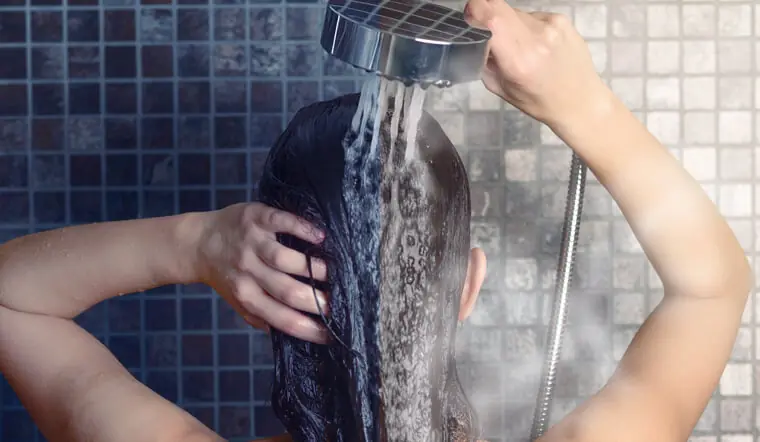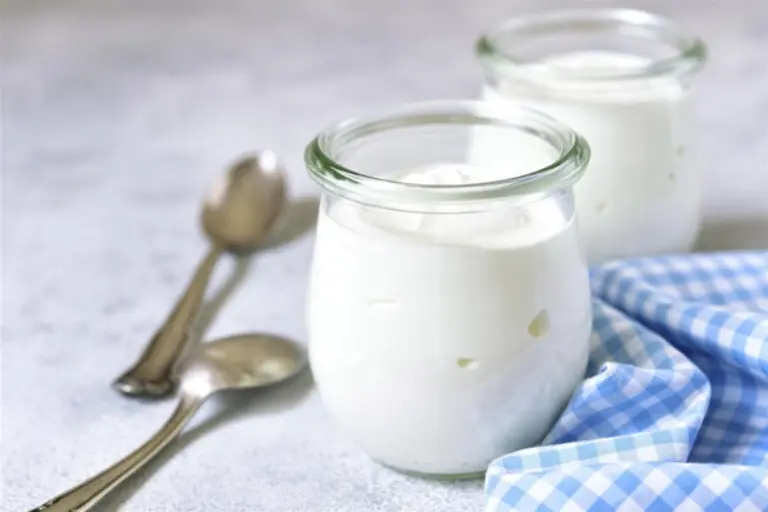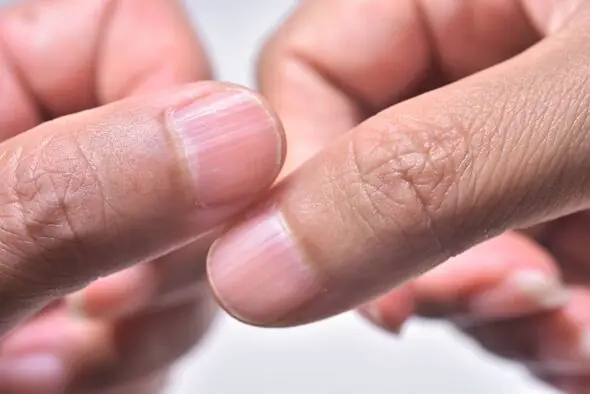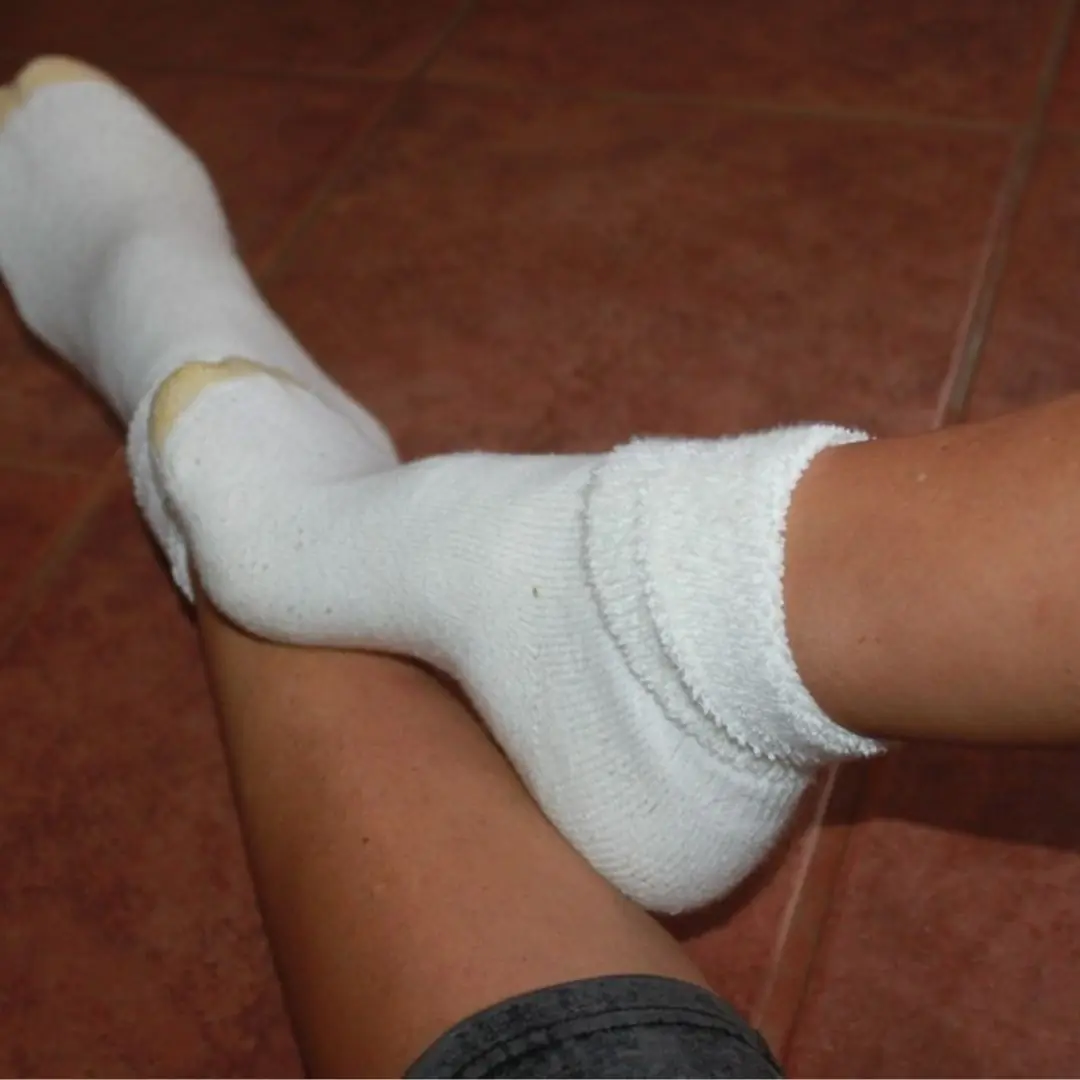
The benefits of taking a warm bath before bed
Few things feel as soothing as a warm bath after a long, tiring day. But beyond the comfort and cleanliness, there’s real science behind why a gentle soak before bedtime can help you fall asleep faster, sleep deeper, and wake up more refreshed.
A good night’s sleep is essential for both your physical and mental well-being — yet so many people still toss and turn, unable to relax. What many don’t realize is that a simple adjustment to your nightly routine, like bathing with the right water temperature, can make a world of difference.
Why warm water helps your body prepare for sleep
According to Dr. Manvir Bhatia, Director of the Sleep and Neurology Center in New Delhi, “When you bathe in warm water, your arteries and blood vessels expand, allowing heat to escape from your body. Physiologically, this process cools your core temperature from within and signals to your brain that it’s time to rest.”
Your body’s natural rhythm — known as the circadian rhythm — relies on temperature changes to regulate sleep. As bedtime approaches, your internal temperature naturally drops to help trigger melatonin production (the sleep hormone). A warm bath supports this process by helping your body release excess heat faster once you step out of the tub.
But that’s not all. Warm water also:
-
Relaxes tense muscles after a long day at work or exercise.
-
Reduces stress and anxiety by calming the nervous system.
-
Improves circulation, easing joint stiffness or mild pain.
-
Encourages mindfulness, giving you a few quiet moments away from screens and distractions.
Together, these effects make it easier for your mind and body to slip naturally into sleep mode.
When should you take a warm bath for the best results?
Experts recommend bathing 60–90 minutes before bedtime. This timing gives your body enough space to gradually cool down afterward — the key step that signals it’s time to sleep. If you bathe right before lying down, the retained warmth might make you feel too hot or restless.
What about cold showers — are they bad at night?
Cold water isn’t necessarily “bad,” but it has the opposite effect. It stimulates your nervous system, sharpens focus, and boosts alertness — great for mornings, not for bedtime. Cold showers can make your heart rate rise and adrenaline spike, which is the last thing your body needs when you’re trying to relax.
However, in hot climates or during summer nights, a lukewarm shower can be a good compromise — refreshing but not stimulating.
Tips for turning your bath into a sleep ritual
-
🌿 Keep the temperature gentle: Around 37–40°C (98–104°F) is ideal — warm, not hot.
-
🕯️ Set the mood: Dim the lights, add a few drops of essential oils like lavender, chamomile, or sandalwood, and play soft music.
-
🫧 Limit your bath time: Around 10–15 minutes is enough to relax without overheating.
-
🚫 Avoid screens afterward: The blue light from phones and TVs can undo your body’s effort to wind down.
-
🧴 Moisturize your skin: Warm water can dry your skin slightly, so finish your routine with a gentle, hydrating lotion.
The science-backed benefit: cooling leads to sleeping
After stepping out of a warm bath, your body begins to cool rapidly, mimicking the natural temperature drop that happens before sleep. This cooling effect tells your brain that it’s time to rest, helping you fall asleep faster and enjoy longer, more restorative sleep cycles.
The takeaway
Bathing isn’t just about personal hygiene — it’s an act of self-care that supports your overall health. A morning cold shower might wake you up, but a warm evening bath relaxes your body, clears your mind, and improves your sleep quality in a way no gadget or supplement can.
Make it a nightly ritual, and you’ll not only sleep better but also wake up calmer, happier, and ready to take on the day.
News in the same category


4 purple superfoods that fight aging and prevent can.cer

How to Eat Yogurt the Right Way for Maximum Health Benefits

Pine Cone Syrup: A Simple Beginner’s Guide to Its Benefits, Recipe, and Everyday Uses

Pokeweed (Phytolacca americana): The Beautiful but Dan.gerous Plant You Should Avoid

The Hidden Dan.ger in Your Lipstick: What You Need to Know About Cadmium Contamination

She Ignored These 5 Symptoms — Now She’s Battling Stage 4 Colon Can.cer

Don’t Throw Them Away - The Incredible Health Perks of Papaya Seeds You Need to Know

5 Signs of Appendicitis You Should Not Ignore

What You Need to Know About Vitamins and Supplements for Heart Health

Nothing ki:lls faster than your own mind. Don’t stress about things that are not under your control

5 Common Causes That Can Increase Your Risk of Liv.er Disease

4 Early Warning Signs of a Stroke That Occur 15 Minutes Before It Happens

Dentist-Approved: The Right Way to Eat Fruit to Prevent Cavities

Observe Your Nails to Detect Health Issues

5 Morning Habits That Silently Dam.age Your Kid.neys

U.S. Professor Reveals 3 Types of Foods That Contain Dangerous Tox.ins and May Cause Can.cer

6 groups of people shouldn't drink coconut water

Do Not Ignore These 10 Warning Signs That Your Kidneys May Be In Danger
News Post

Onion hair oil: The natural secret to stronger, thicker, and healthier hair

What really happens when you eat eggs every day

The ‘healthy’ drink that secretly raises your diabet.es ris.k

4 purple superfoods that fight aging and prevent can.cer

Want to wake up early? sleep experts reveal 9 surprisingly easy steps to become a morning person

How proper breathing can instantly reduce stre.ss

How much water should you drink to protect your kid.neys and control uric ac.id?

The best times to eat sweet potatoes — and what your body gains from each

Natural foods that cleanse your liv.er and kid.neys (and help prevent kid.ney stones)

How to Eat Yogurt the Right Way for Maximum Health Benefits

Pine Cone Syrup: A Simple Beginner’s Guide to Its Benefits, Recipe, and Everyday Uses

Pokeweed (Phytolacca americana): The Beautiful but Dan.gerous Plant You Should Avoid

The Hidden Dan.ger in Your Lipstick: What You Need to Know About Cadmium Contamination

She Ignored These 5 Symptoms — Now She’s Battling Stage 4 Colon Can.cer

Here’s What Really Happens When You Sleep with Socks On

Don’t Throw Them Away - The Incredible Health Perks of Papaya Seeds You Need to Know

The Heroic WWI Homing Pigeons That Saved Countless Lives

This Cucumber Lemonade Will Change the Way You Think About Summer Drinks
